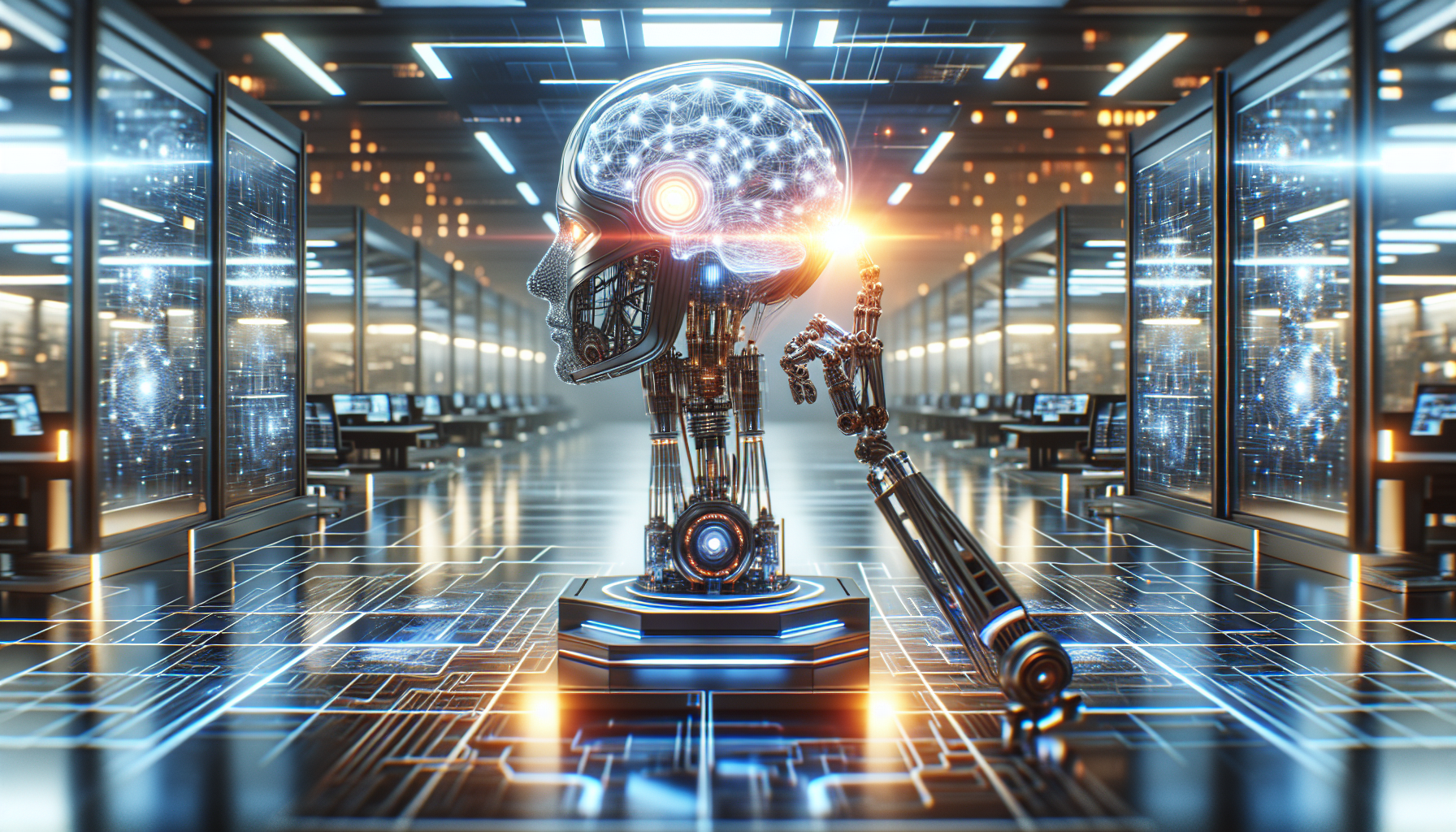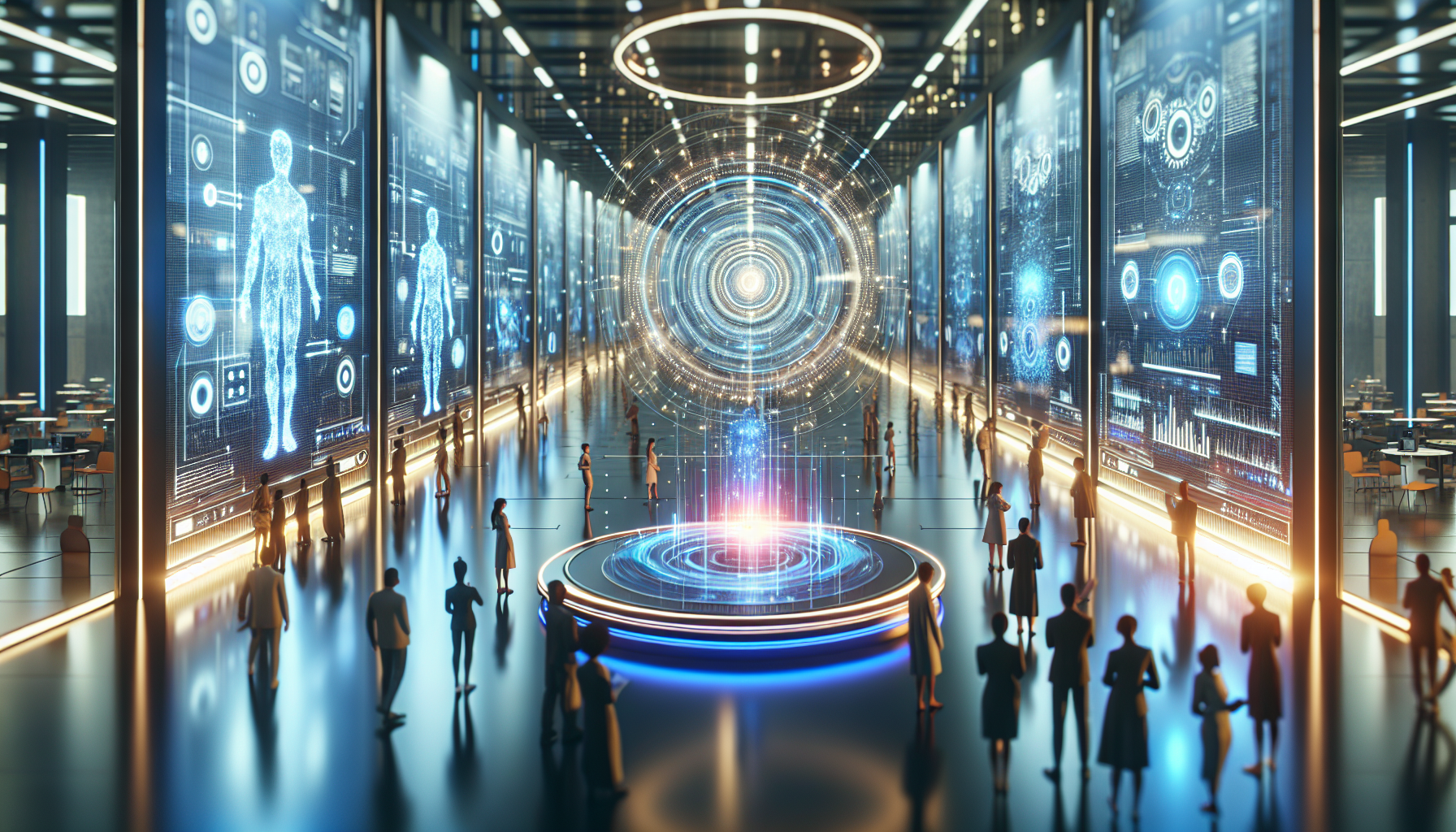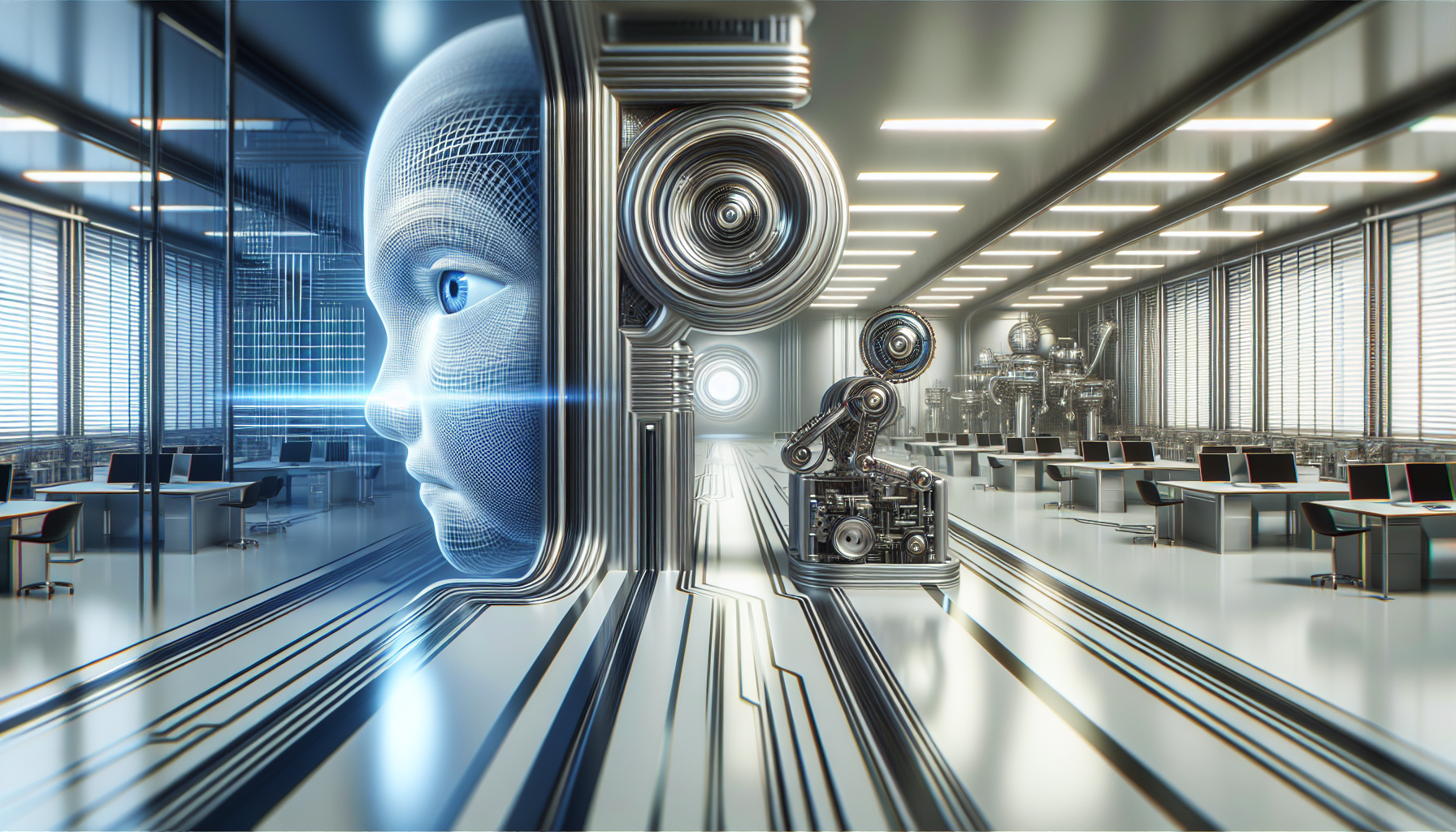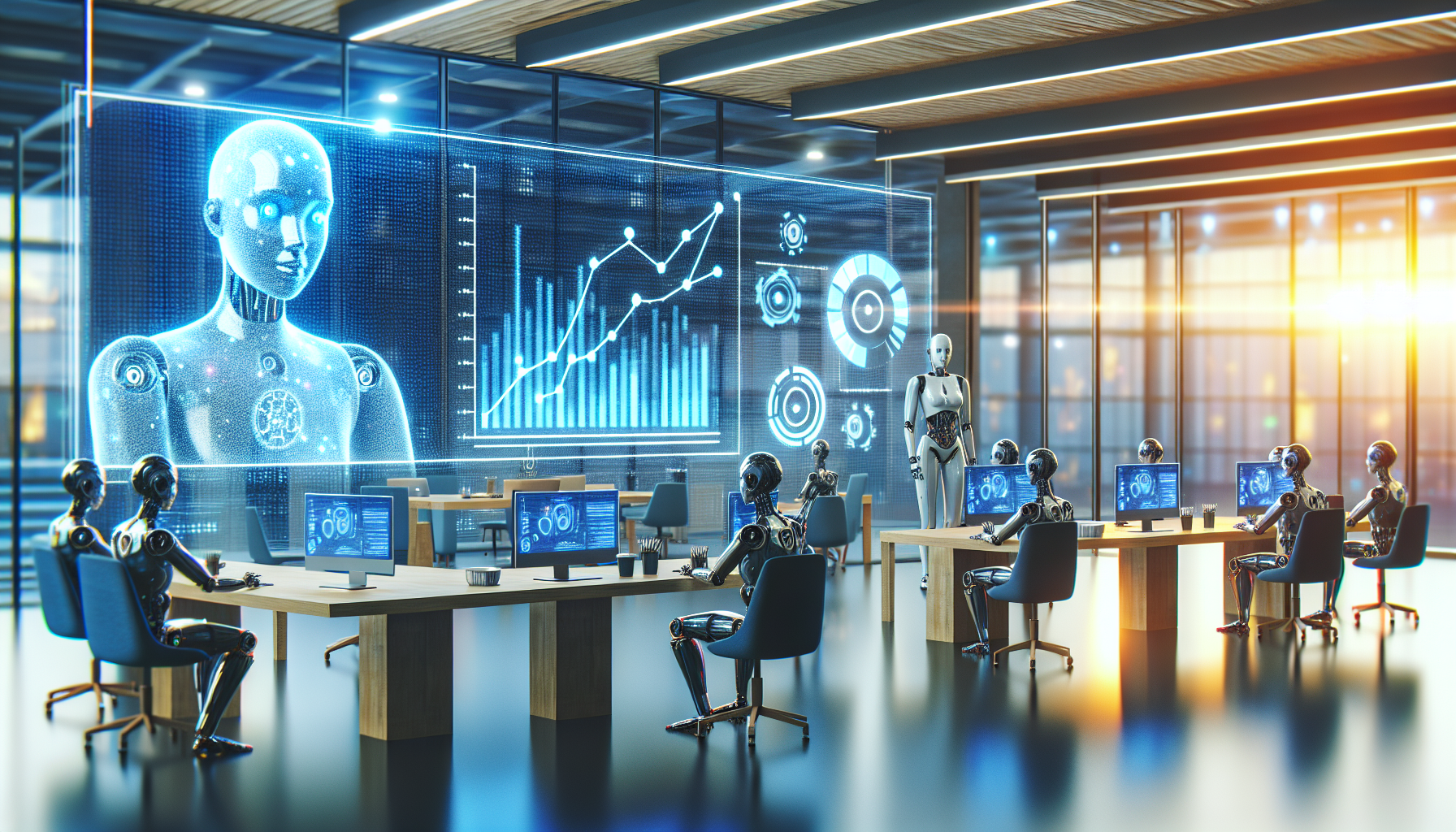
AI and Cybersecurity: The Digital Guardians We Need
October 3, 2025
If you've ever felt that knot in your stomach after a data breach or a phishing scam, you're not alone. The digital age offers conveniences we never imagined, but it also brings threats that lurk behind every click. Enter artificial intelligence, a game-changer in the cybersecurity arena. But how exactly is AI reshaping the battlefield against digital threats, and should we trust it with our online safety?
AI has already begun to play the role of a digital guardian, sifting through mountains of data faster than any human ever could. Imagine an AI system as a highly efficient detective, tirelessly patrolling the vast expanse of the internet, spotting anomalies that might indicate a security threat. It’s a bit like having a superhero at your keyboard, minus the cape, of course.
One of the most impressive feats of AI in cybersecurity is anomaly detection. Traditional security systems rely heavily on pre-defined rules and signatures to identify threats. These rules are like looking for a specific needle in a haystack, and anything out of the ordinary can easily be missed. AI, however, learns from patterns and behaviors, recognizing subtle deviations that might suggest an attack. It's like having a seasoned chess player who anticipates the opponent's move before they even make it.
Moreover, AI's predictive capabilities are nothing short of revolutionary. By analyzing patterns, AI can forecast potential security breaches before they occur. This predictive analysis is akin to weather forecasting but for digital storms. It's an area where AI doesn't just react to threats but anticipates them, giving cybersecurity experts a valuable head start in fortifying defenses.
However, like any powerful tool, AI in cybersecurity is not without its challenges and ethical considerations. One of the lesser-talked-about aspects is the potential for AI to be used by cybercriminals themselves. Imagine AI systems engineered to mimic legitimate operations, infiltrating networks undetected. This is where the game of cat and mouse becomes infinitely more complex, and the line between guardian and adversary blurs.
Another point to ponder is the issue of privacy. AI systems require vast amounts of data to function effectively. This means they are constantly learning from user behaviors, which raises questions about data privacy and how much of our digital footprints are being monitored. Trust is a critical component here, and it's essential that AI systems are designed with transparency and user consent in mind.
One cannot discuss AI and cybersecurity without touching upon the human element. While AI offers incredible capabilities, it cannot replace the nuanced judgment and ethical reasoning of human experts. A harmonious blend of AI and human oversight is crucial to ensure that security measures are both effective and ethical. In this collaboration, humans provide the contextual understanding that AI lacks, while AI offers the speed and efficiency that humans can’t match.
Furthermore, the implementation of AI in cybersecurity necessitates a new kind of workforce. Cybersecurity experts now need to be well-versed not only in traditional security protocols but also in AI technologies. This calls for an evolution in education and training programs to prepare the next generation of digital defenders.
So, where does this leave us? AI in cybersecurity holds immense promise, offering innovative ways to safeguard our digital world. Yet, it also poses new challenges that we must navigate carefully. As we continue to integrate AI into our security frameworks, the critical question remains: How do we maintain a balance between innovation and ethics, between the power of AI and the privacy it threatens?
In this ongoing narrative of AI and cybersecurity, we find ourselves at a fascinating crossroads. As digital threats become more sophisticated, so too must our defenses. AI has the potential to be the hero of this story, but like any good tale, it requires a thoughtful and vigilant author. Are we prepared to write the next chapter wisely?


